The Real Reason Meghan Markle Was Denied Royal Family Tiara During Her Wedding
The Royal family jewels are surrounded in historical controversy
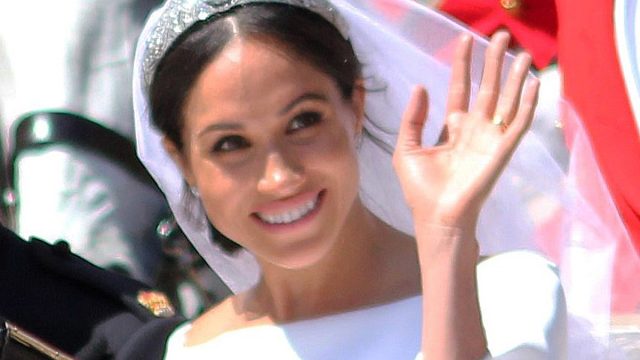
Many people assume that being a member of the Royal Family means that you get to wear a tiara whenever you want, but that isn’t the case. There is actually a whole list of rules as to who is allowed to wear them, in addition to when and where.
The only women who are allowed to place them on their heads are those born into the Royal Family or married to someone who is. They also are worn to formal events after 6:00 pm (those earlier in the day require hats), but perhaps the most monumental time a royal woman will wear a tiara is on her wedding day.
Queen Elizabeth wore one when she was married to Prince Philip. Kate Middleton donned one on her huge wedding day to Prince William, and Meghan Markle got to wear a tiara when she wed Prince Harry. However, according to reports, the former Suits star did not get to walk down the aisle in her first choice of bejeweled headwear.
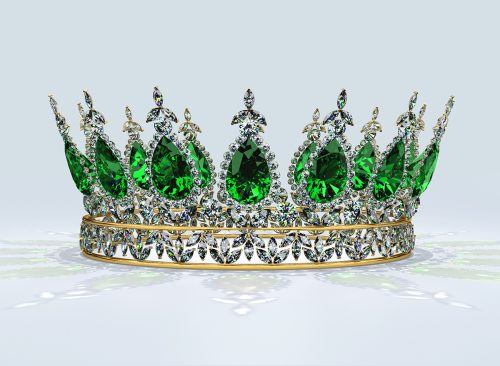
According to reports, Meghan, who wore a gorgeous diamond tiara on her big day, initially wanted to wear one adorned with emeralds. The only problem? It was a tad controversial. Now, Queen Consort Camilla is faced with a similar controversy. Historians maintain that there are many family heirlooms that belong to the House of Windsor that are a bit tainted in terms of where they come from and what they represent – and the emerald tiara falls into this category.
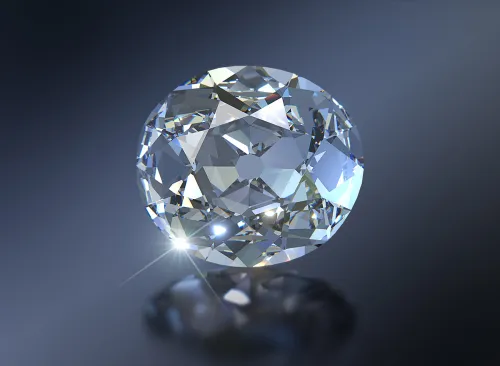
People are speculating that the Queen Consort will get to wear the famous Koh-i-Noor diamond tiara at the upcoming Coronation. However, there are tensions surrounding the valuable jewel, involving Britain, India and at least three more countries all laying claim to the controversial piece.
“It’s not just the Koh-i-Noor, honestly, because of the colonial, sort of, the legacy of the Royal Family, there are stories behind so many different jewels,” Daily Mail‘s diary editor Richard Eden told Palace Confidential. “There was one tiara that, I think, Meghan had expressed an interest in wearing. Then it was pointed out that there were Russian connections, which were all a bit awkward. Then it was decided that she wouldn’t wear that one.”
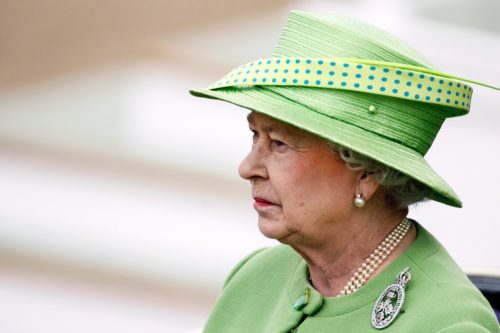
Royal historian Robert Lacey explains that it was the emerald and diamond tiara that Meghan had her heart set on. “Unconfirmed by the palace — but not denied — we were told that the Queen felt that she had to say ‘no’ to Meghan’s first choice,” he said. The “beautiful emerald headdress” was said to “have come from Russia.”
He added that “this was code for a sensitive origin.” “The treasure was one of those that had found its way into Windsors’ hands through ‘undefined’ not to say dodgy channels – and for an undisclosed price – in the aftermath of the Russian Revolution,” he continued.
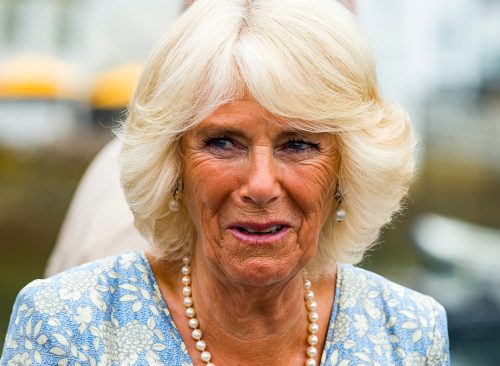
Royal correspondent Rupert Bell recently explained to TalkTV that the Koh-i-Noor diamond could also be controversial. If it were to be seen as a “centerpiece at the Coronation,” India could feel “a little bit aggrieved,” and the situation could lead to conflict. What is so special about the jewel? The Koh-i-Noor diamond is a whopping 105.6-carat shallow oval brilliant diamond mounted in the front of the crown. It has been in the family for over 150 years.
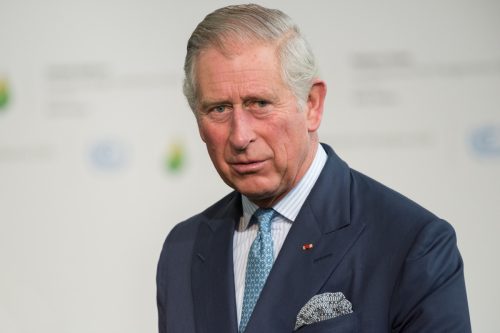
Eden doesn’t believe that history and conflict should keep the jewelry locked up. Because of the “history behind all the different crown jewels, you just have to accept it’s part of history,” Eden added. “If we go down the route of saying ‘oh we’ve got to keep up with the times’, the Royal Family is anachronistic. That’s kind of the whole point, that’s part of the charm.” However, he does note that King Charles might keep Queen Camilla from wearing it for that very reason.














